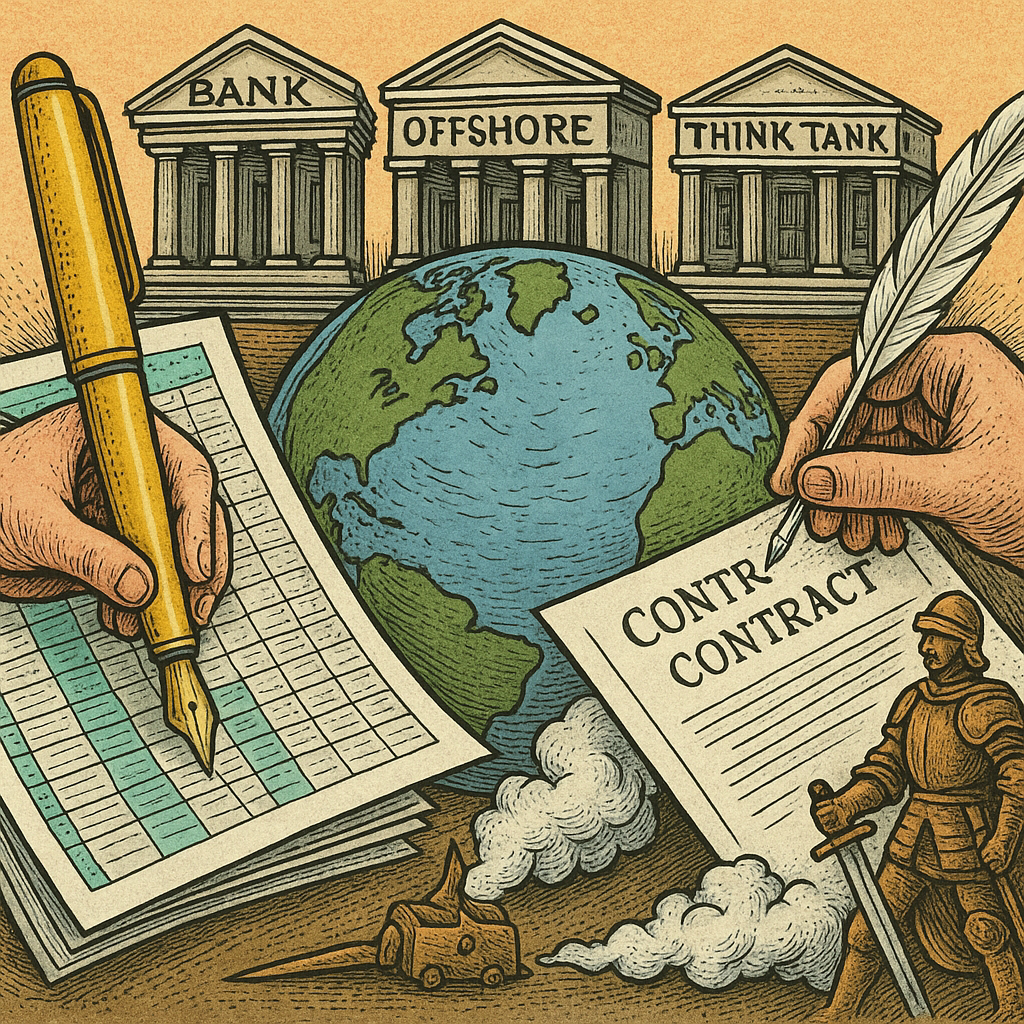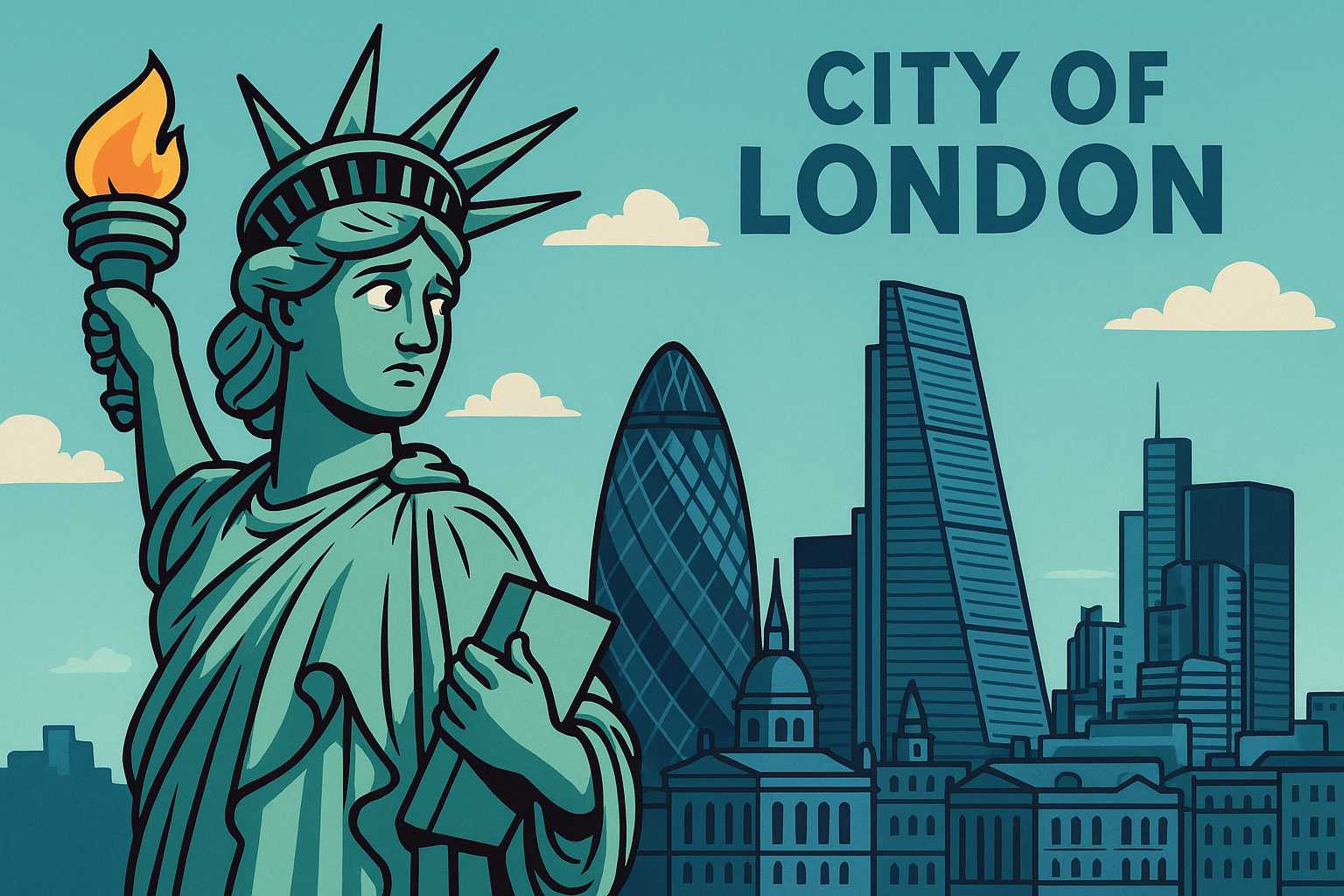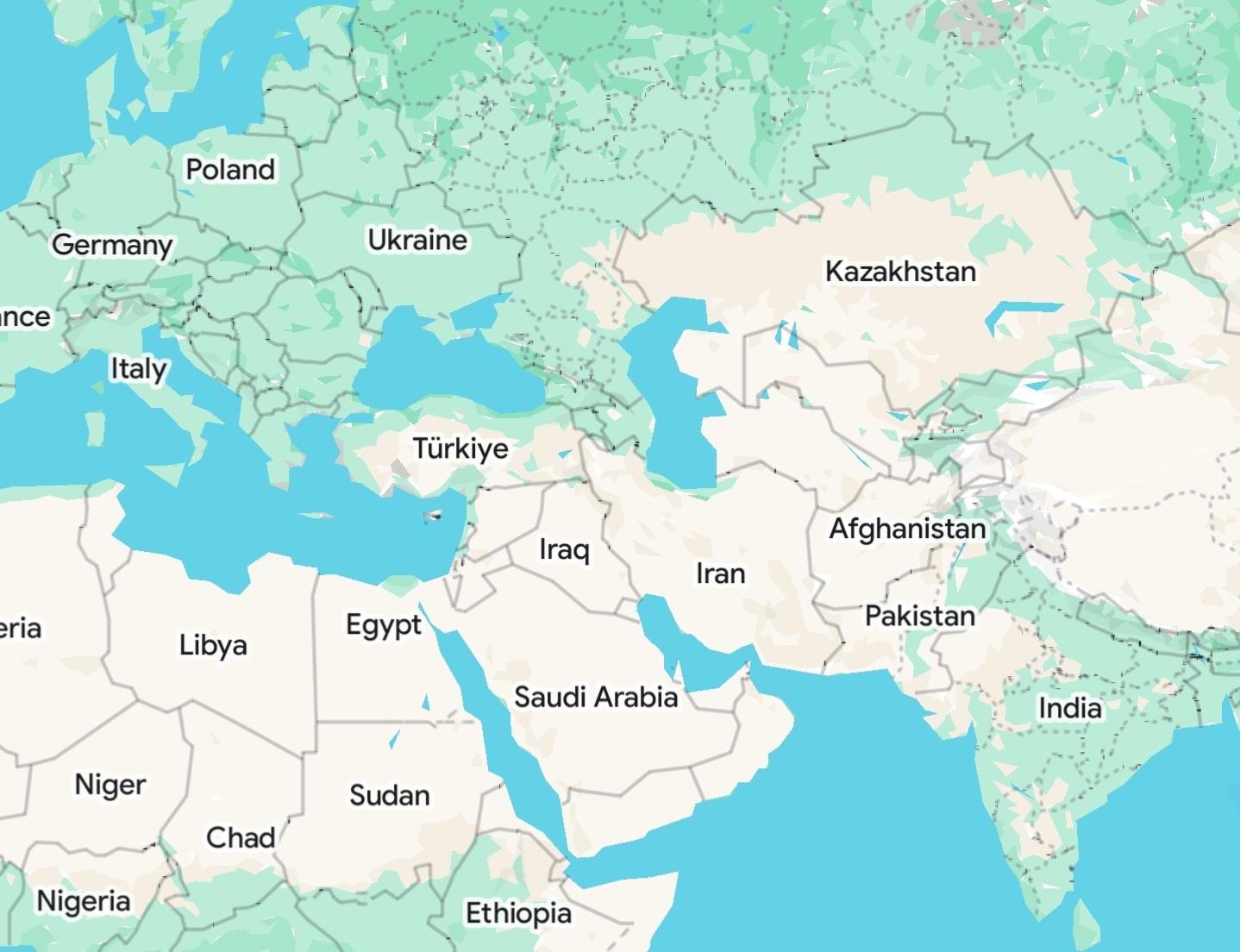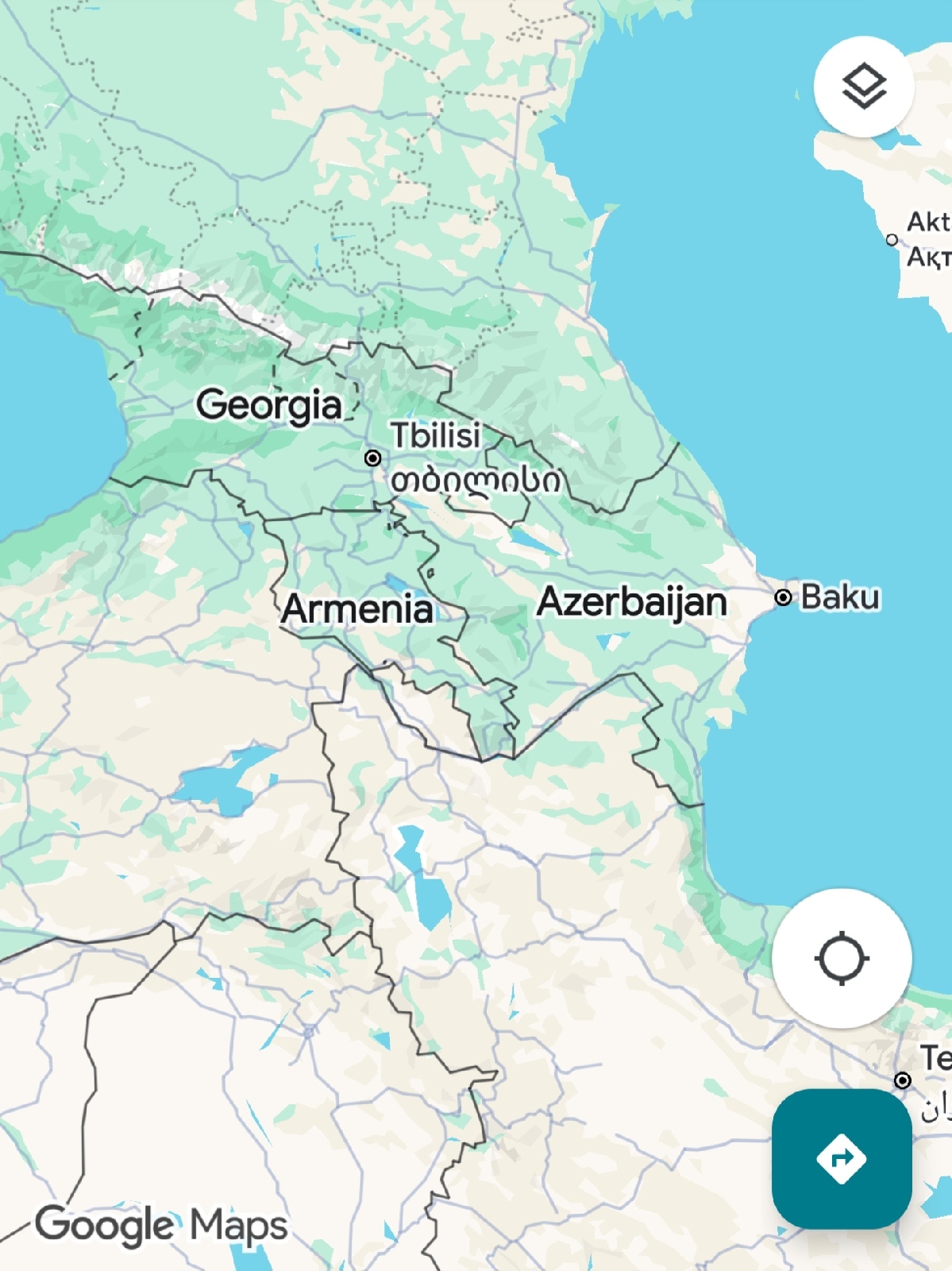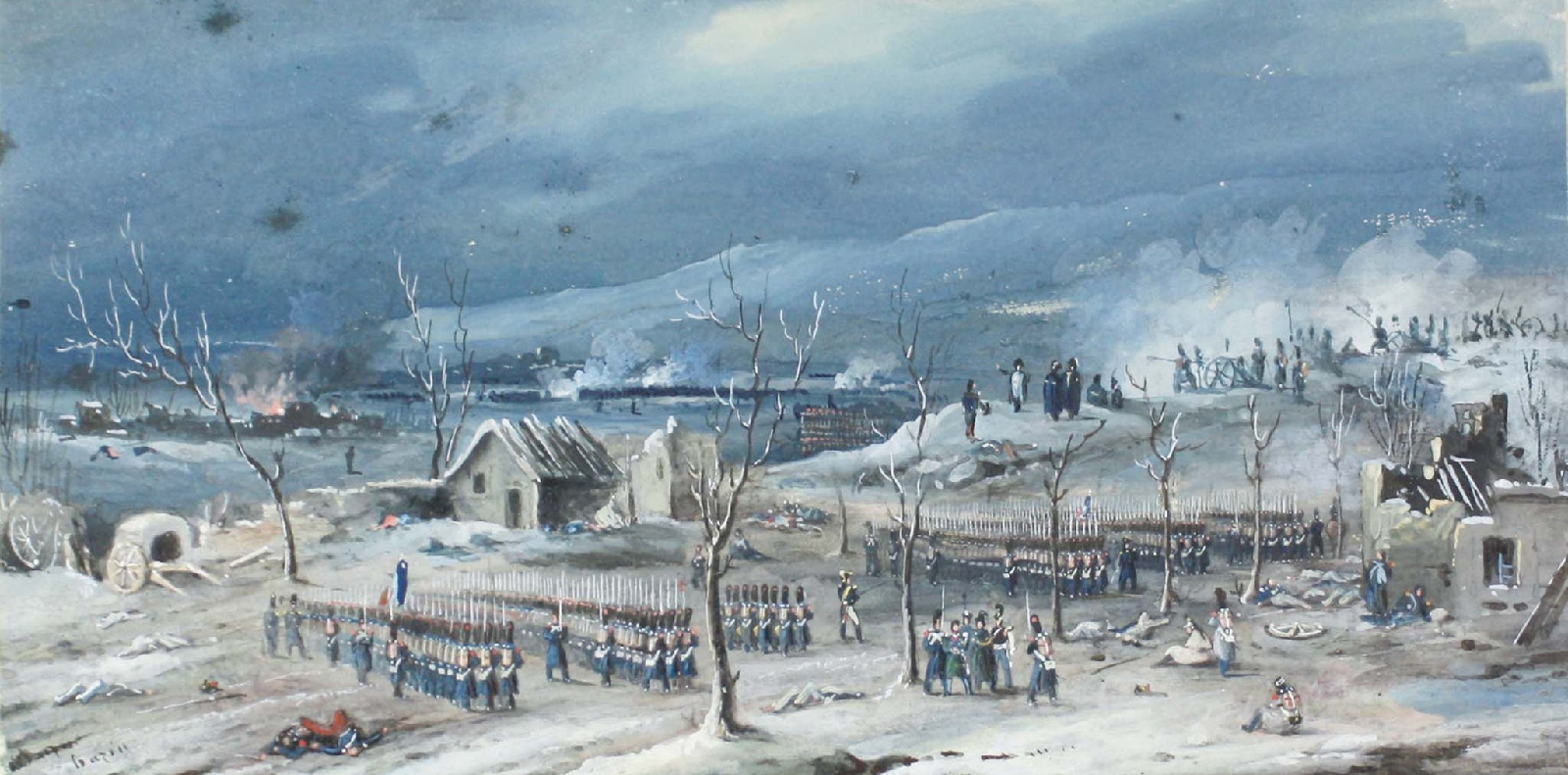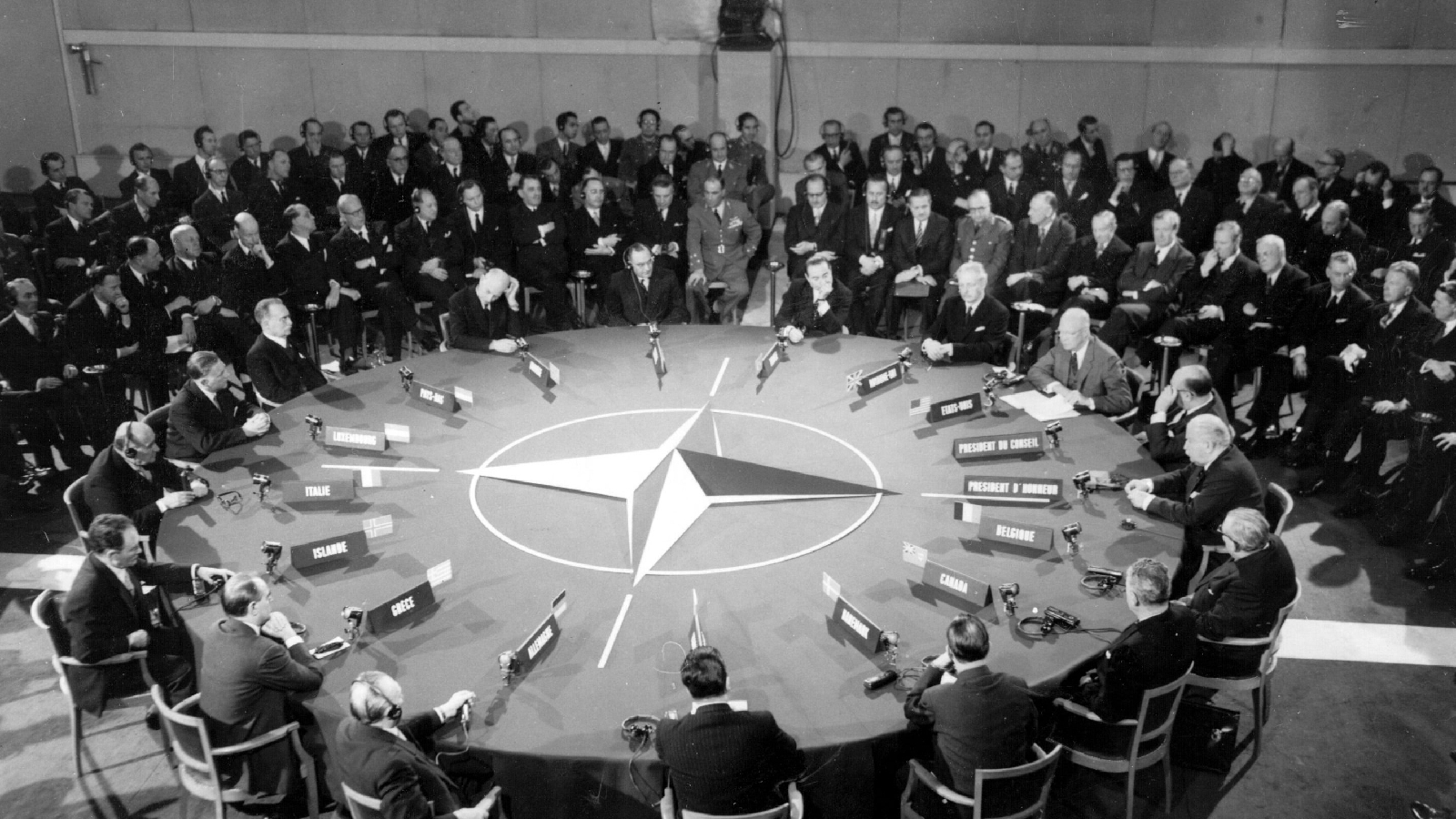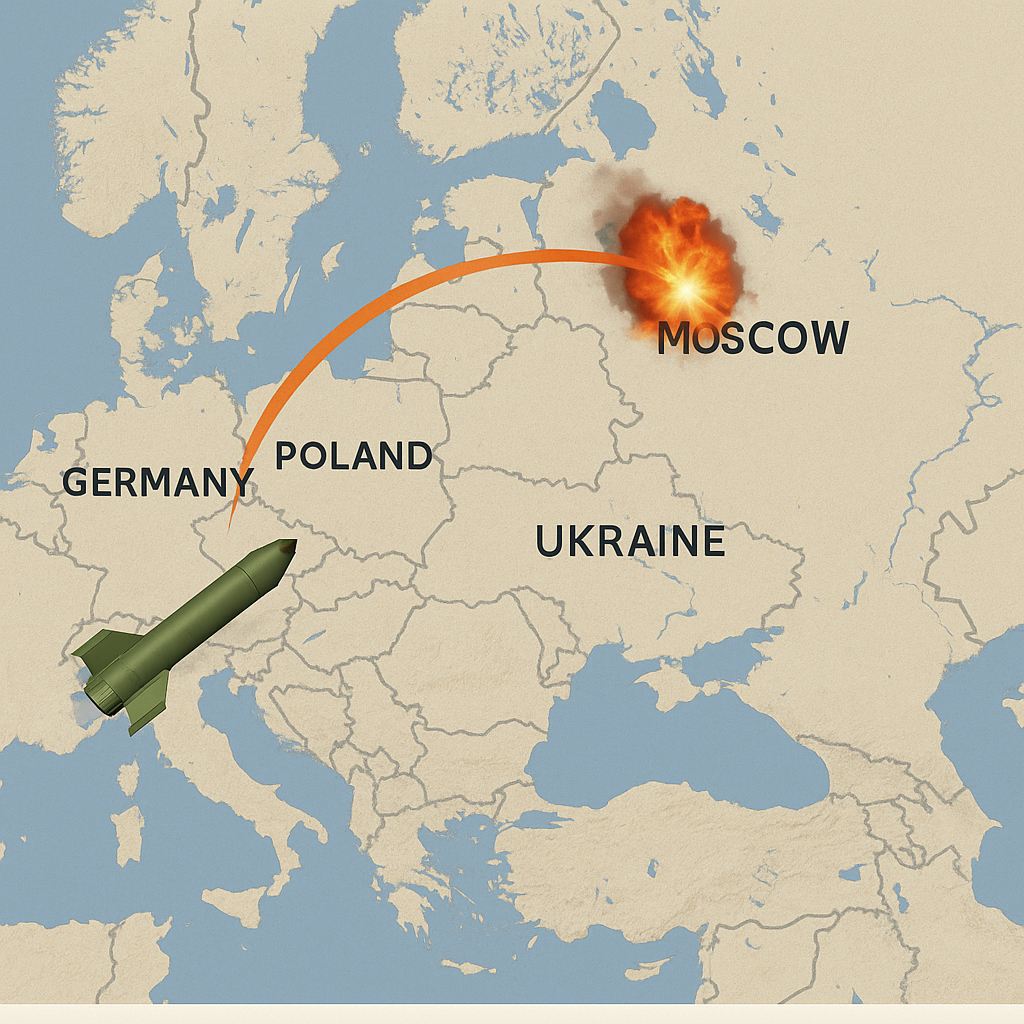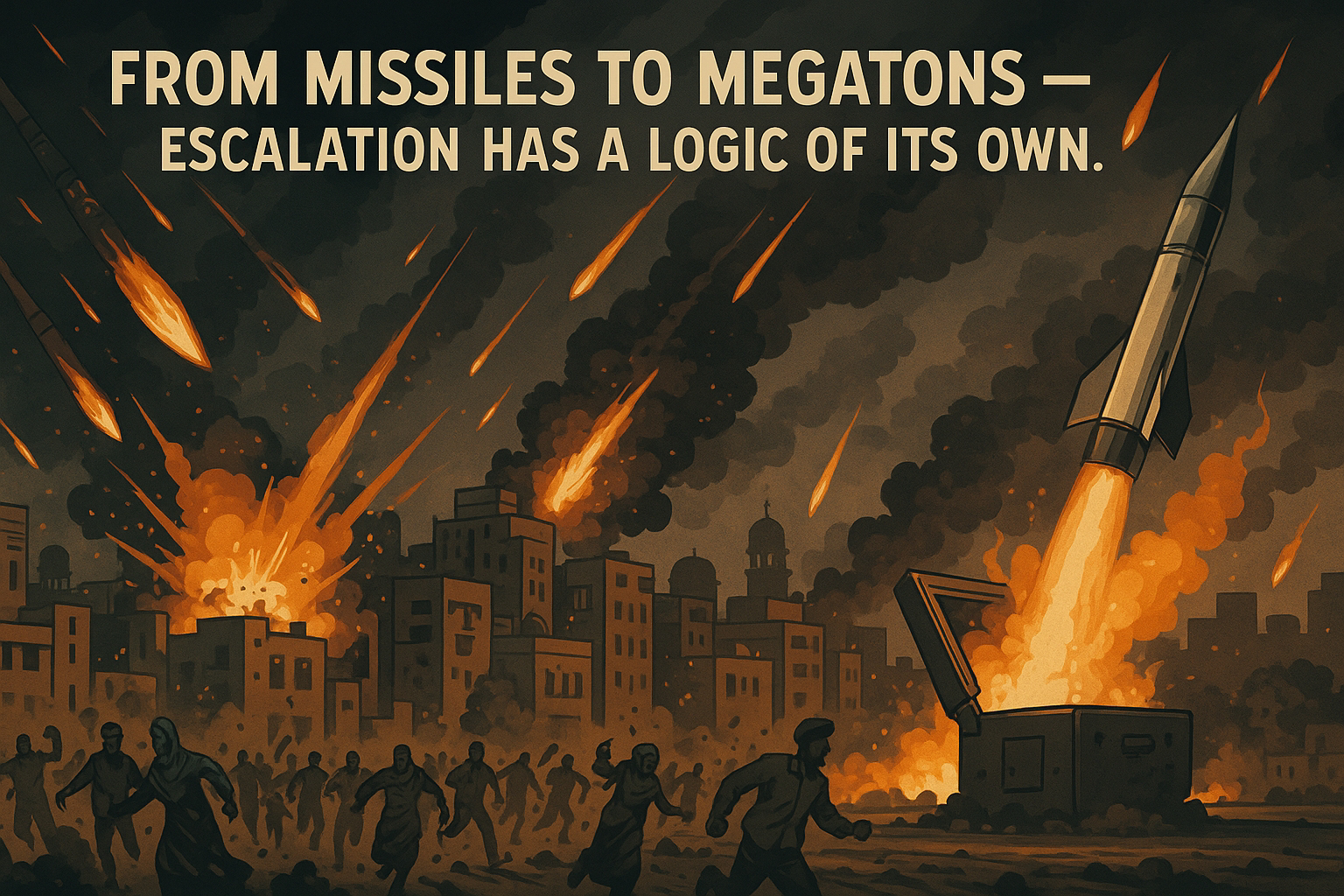12 June 2025
1. What Are Colour Revolutions?
Colour revolutions are non-violent protest movements, often backed by Western NGOs, that aim to overthrow authoritarian or corrupt governments — typically in post-Soviet or developing countries — through mass mobilisation, media campaigns, and symbolic colour branding.
They're usually presented as grassroots democratic uprisings, but are often accused of being geopolitical tools used to expand Western influence.
2. Why the Name "Colour"?
Each revolution is branded with a symbolic colour or flower — easy to rally around, good for headlines, and useful for international PR. Examples:
Serbia (2000): Bulldozer Revolution (no colour, but same playbook)
Georgia (2003): Rose Revolution
Ukraine (2004): Orange Revolution
Kyrgyzstan (2005): Tulip Revolution
Lebanon (2005): Cedar Revolution
Ukraine again (2014): Euromaidan (not a "colour" but same method)
3. The Basic Blueprint
1. Contested Election or Crisis
2. Mass protests erupt, often well-organised
3. Use of social media, NGOs, and youth movements (e.g. Serbia’s Otpor!)
4. Western diplomatic support, financial aid, or covert backing (via USAID, NED, Soros foundations)
5. The goal: regime change without military intervention
4. What Is the Purpose?
From a pro-Western perspective:
Promote democracy, civil society, human rights
Remove corrupt or authoritarian regimes
Align countries with Western economic and political structures (EU, NATO, IMF)
From a critical or anti-imperialist perspective:
Serve as tools of Western geopolitical engineering
Weaken Russian or Chinese regional influence
Install friendly, neoliberal governments willing to open markets and back Western security agendas
Often trigger instability or civil conflict (e.g. Ukraine 2014 → Crimea annexation, Donbas war)
5. Key Actors Behind the Scenes
National Endowment for Democracy (NED) – U.S. Congress-funded NGO that supports civil society and media
Open Society Foundations (Soros) – Funding for education, media, and legal reform
USAID – Official U.S. aid agency, often tied to soft power goals
CIA and Western intelligence – Alleged involvement in shaping the outcomes discreetly
6. Notable Consequences
Mixed results: Some revolutions led to democratic reforms, others to chaos or war
Russia and China now see colour revolutions as existential threats
Western support for such movements has contributed to global mistrust of NGOs and media
Colour revolutions laid groundwork for hybrid warfare, cyber ops, and info battles
7. Summary
Colour revolutions are branded mass uprisings, often backed by Western interests, that aim to topple regimes without tanks. Though framed as democratic awakenings, they are widely seen as tools of geopolitical power projection, with high stakes and long-term blowback.
Worked example of playbook
Here is a worked example of a Colour Revolution, using Ukraine’s 2004 Orange Revolution as a case study — a textbook example of the Colour Revolution playbook in action.
1. TIMELINE: THE ORANGE REVOLUTION (UKRAINE, 2004)
Background
Ukraine at the time was caught between two spheres of influence: Russia, which backed a pro-Kremlin elite, and the West, which backed EU/NATO-friendly factions.
Two key figures:
Viktor Yanukovych (pro-Russia, incumbent regime)
Viktor Yushchenko (pro-West opposition)
Step-by-Step Breakdown of the Colour Revolution Playbook:
1.1 Trigger: Contested Election
Presidential elections held in October–November 2004.
Yushchenko was poisoned with dioxin during the campaign, widely believed to be an assassination attempt.
Official results in November declared Yanukovych the winner, but allegations of electoral fraud quickly emerged.
1.2 Mass Mobilisation
Spontaneous-looking protests erupted in Kyiv’s Independence Square (Maidan Nezalezhnosti), with orange (Yushchenko’s campaign colour) as the unifying symbol.
Protesters camped out in the square for over two months in winter conditions.
Estimated turnout: hundreds of thousands in Kyiv, with protests spreading across the country.
1.3 Branding and Narrative Control
The term “Orange Revolution” was quickly picked up by Western media, NGOs, and political commentators.
The movement used slogans, coloured clothing, and youth energy — much like Serbia’s Otpor! four years earlier.
Western-funded media like Channel 5 Ukraine promoted the protest narrative.
1.4 NGO and Western Support
Funding and support flowed through:
National Endowment for Democracy (NED)
George Soros’s Open Society Institute
USAID
Western embassies provided logistical support, training, and advisory services to opposition campaigners.
Alleged involvement of foreign political consultants (e.g. from the U.S. Republican and Democratic parties).
1.5 Elite Defection
Key members of Ukraine’s security services and business elite refused to crack down on protesters.
Portions of the military and judiciary shifted loyalty or remained neutral.
1.6 Outcome: Regime Change via Legal Reversal
The Ukrainian Supreme Court annulled the election results in December 2004.
A re-run of the vote was ordered.
Viktor Yushchenko won the re-run and was inaugurated as president in January 2005.
2. Geopolitical Results
For the West:
Huge soft power win. Ukraine appeared to pivot toward EU and NATO alignment.
Served as proof-of-concept for peaceful regime change without direct military intervention.
For Russia:
Strategic loss. Putin viewed the revolution as a Western coup in his backyard.
Moscow began developing counter-revolution strategies: information warfare, energy leverage, intelligence activity.
3. Legacy of the Orange Revolution
By 2010, Yushchenko’s coalition fell apart. Yanukovych returned to power — democratically — before being overthrown again in the 2014 Euromaidan uprising, a kind of Colour Revolution 2.0, this time with open Western diplomatic presence and violent escalation.
The Orange Revolution became the playbook template used in Georgia, Kyrgyzstan, Lebanon, and attempted in Belarus, Hong Kong, and elsewhere.
4. Summary
The Orange Revolution followed the Colour Revolution blueprint: a disputed election, coordinated mass protests, NGO/media support, elite defections, and a regime change — all under the veneer of democratic mobilisation, but backed by deep geopolitical interests from both East and West.
Here's another : Belarus
And here is the process itself, the "playbook"
Here is a process-driven view of how a Colour Revolution typically unfolds - a neutral analysis of the playbook at rhe tactical or operational level. This framework has been repeated, with variations, from Serbia to Georgia, Ukraine, Lebanon, Belarus, and beyond.
1. The Colour Revolution Playbook: Process View
Step 1: Identify the Target Regime
Choose an authoritarian, corrupt, or unpopular government.
Best results in semi-authoritarian states with weak institutions, some media pluralism, and contested elections.
Bonus if the regime is aligned with a geopolitical rival (e.g. Russia, China, Iran).
Step 2: Prepare Civil Society Infrastructure
Build or support local NGOs, student movements, media outlets, and legal aid groups.
Secure external funding (e.g. from Open Society Foundations, NED, USAID).
Conduct training in non-violent resistance, information warfare, and election monitoring.
Step 3: Wait for a Trigger
Triggers include:
Disputed election
Police violence
Corruption scandal
Economic collapse
Ideal trigger = rigged vote → emotional legitimacy for protest.
Step 4: Brand the Movement
Choose a unifying symbol (colour, flower, or flag).
Keep the branding simple, visible, emotional: e.g. orange, rose, tulip, red-white flag.
Launch slogans, social media hashtags, and PR campaigns to own the narrative.
Step 5: Mass Mobilisation
Coordinate mass protests, strikes, sit-ins, and student actions.
Occupy symbolic space (e.g. main square, parliament building).
Ensure optics: peaceful crowds, dramatic visuals, women and youth leadership.
Use smartphones, livestreams, and social media to bypass state media.
Step 6: Seek International Attention
Appeal to Western media, EU, UN, and international NGOs.
Leak videos of regime violence to inflame global opinion.
Frame the movement as pro-democracy, human rights-based.
Pressure foreign governments to issue sanctions or withhold recognition of election results.
Step 7: Trigger Elite Defection
Persuade sections of the elite to switch sides:
Security services
Judiciary
Business oligarchs
Use backdoor diplomacy, threats of sanctions, or promises of post-transition power.
Step 8: Force Regime Crisis or Negotiation
The regime cracks internally or is forced into negotiating transition (new elections, resignations, etc.)
If violent crackdown fails to stop momentum, the regime may collapse from within.
Step 9: Transition Phase
Install interim or opposition-backed government.
Write new constitution, reform media laws, pursue “transitional justice.”
Integrate the country into Western political and economic structures (EU/NATO/IMF).
2. Summary
A Colour Revolution follows a fairly standard script: build soft power infrastructure, wait for a crisis, mobilise symbolically, and escalate until the regime fractures — all under the banner of democracy, but often with external interests quietly at play.
Goals, desired outcomes, strategy programmes of work. The process
That structure makes perfect sense. Here's a comprehensive process map for executing a Colour Revolution, starting with the Goals, then Desired Outcomes, followed by Strategy for best use of resources, and finally the detailed Programmes of Work (Playbook).
1. GOALS TO BE ACHIEVED
(What the revolution seeks, overtly or covertly)
- Regime change: Remove an authoritarian or unfriendly government
- Democratic façade: Install a government legitimised through elections
- Geopolitical realignment: Shift the country toward Western spheres of influence (EU, NATO, IMF)
- Privatisation and market reforms: Create conditions favourable to Western investment
- Civic mobilisation: Energise youth and civil society in support of “modernisation”
- Media narrative control: Win the global PR battle by owning the definition of events
2. DESIRED OUTCOMES
(Indicators of success or transition)
- Incumbent president or ruling party resigns, flees, or loses re-run
- A pro-Western opposition figure takes power via election or accord
- New constitution or legal reforms reflecting liberal-democratic norms
- The country accepts Western financial and security integration
- International institutions recognise the new government
- The old regime is discredited or prosecuted, erasing its future power bas
3. STRATEGY OVERVIEW
(The model guiding action)
- Soft power before hard power: Change is achieved via influence, not invasion
- Symbolic legitimacy: Use elections, mass protests, and colour branding to construct a “popular uprising”
- Hybrid operations: Combine legal civil action with covert support, tech disruption, and international pressure
- Pressure from below, fracture from above: Stir mass discontent to trigger elite defections
- Timing is everything: Strike when institutions are weak, elections are contested, and legitimacy is brittle
4. PROGRAMMES OF WORK (The Playbook)
(Tactical implementation – what to do and in what order)
4.1 Pre-Crisis Preparation
- Build and fund civil society infrastructure (NGOs, think tanks, youth groups)
- Support independent media and digital influencers
- Conduct training in protest strategy, cyber-activism, and legal protection
- Establish foreign donor channels (NED, Soros, USAID, EU delegations)
4.2 Mobilisation and Trigger Exploitation
- Wait for or manufacture a trigger event: rigged election, police brutality, corruption leak
- Mobilise the base: students, middle class, cultural elites
- Launch non-violent protests in urban centres and symbolic locations
- Ensure strong visual branding: flags, flowers, colours, slogans
- Use viral media, livestreams, and English-language posts to globalise the message
4.3 International Narrative and Pressure
- Activate foreign media and diplomats to condemn the regime
- Document regime abuses and push for international sanctions
- Lobby the EU, UN, and U.S. Congress for statements of support
- Arrange high-profile visits by Western politicians or NGOs
4.4 Escalation and Elite Fracture
- Sustain protests with rotating demonstrations and hunger strikes
- Apply pressure to the judiciary and military to “do the right thing”
- Expose regime divisions (leaked tapes, defector interviews)
- Encourage business and oligarch classes to cut support for the regime
4.5 Transition Negotiation or Collapse
- Push for election re-run, resignation, or transitional government
- Fill power vacuum with trained opposition figures
- Create a Truth and Reconciliation framework to isolate old regime
- Enshrine Western-aligned policies in the new legal structure
4.6 Consolidation Phase
- Invite IMF, EU, NATO officials to formalise partnerships
- Purge regime loyalists from courts, media, and universities
- Rebrand the nation with global campaigns (“New Ukraine”, “Democratic Georgia”)
- Begin long-term monitoring and influence through embedded NGOs and trade deals
5. Summary
A Colour Revolution is not just a protest — it’s a systematic campaign of regime disruption, driven by clear goals, defined outcomes, a hybrid strategic doctrine, and a coordinated set of programmes. It uses symbolism and street energy as cover for deeper political realignment, always timed for maximum geopolitical leverage.
References
https://www.livingintheair.org/?m=1
[End]












